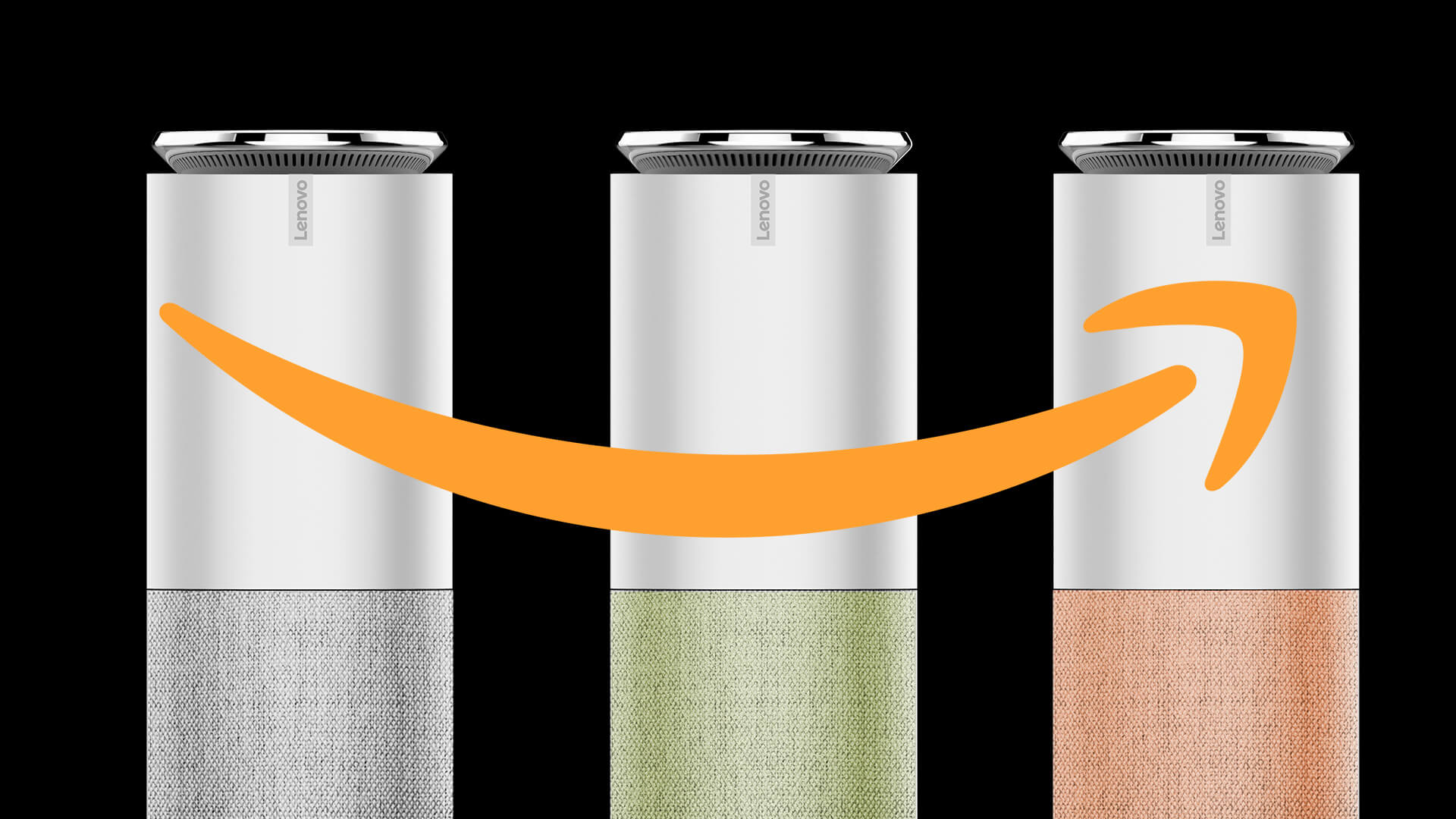Lenovo debuts Amazon Alexa-powered smart speaker at CES
Like Microsoft is doing with Cortana, Amazon is making Alexa available to third-party developers and hardware makers to voice-enable their connected products. Amazon is also making Alexa’s several thousand “skills” (voice apps) equally available to developers. With the announcement of Cortana’s developer strategy a few weeks ago, we saw the arrival of a Cortana-powered Harman […]

Like Microsoft is doing with Cortana, Amazon is making Alexa available to third-party developers and hardware makers to voice-enable their connected products. Amazon is also making Alexa’s several thousand “skills” (voice apps) equally available to developers.
With the announcement of Cortana’s developer strategy a few weeks ago, we saw the arrival of a Cortana-powered Harman Kardon stand-alone speaker, available later this year. Now Lenovo has introduced an Echo-like voice-enabled home speaker at CES (the Consumer Electronics Show). Harman Kardon provides the audio in a premium version of the device. Both will be available in May.
The Lenovo speaker is actually cheaper than Amazon’s Echo and will sell for $129. The Harman Kardon version is $50 more and comes in all black. In effect, this appears to be a higher-fidelity version of Echo itself, with the same brain.

What’s significant is not the Lenovo speaker itself but the fact that third parties are starting to add these capabilities to their connected devices. It means that we will start to see many more smart-home “appliances” that will be controlled by voice or be capable of accessing content from Cortana or Alexa.
At $130, Google’s Home speaker presumably sold well over the holidays, but the company has not released any sales figures. Apple is rumored to be working on a stand-alone Siri device.
Amazon sold “millions” of Echos and less expensive Echo Dot devices over the holidays. Together with Apple and Google, the company and has helped train millions of people to use speech recognition and “voice search.” As many more voice-powered devices start to appear in the coming 12 to 24 months, there will be significant implications for search and content discovery — and potentially commerce as well.
Contributing authors are invited to create content for MarTech and are chosen for their expertise and contribution to the martech community. Our contributors work under the oversight of the editorial staff and contributions are checked for quality and relevance to our readers. The opinions they express are their own.
Related stories
New on MarTech